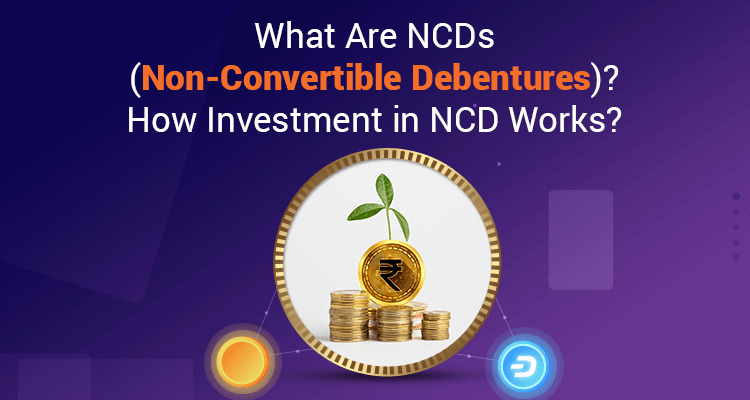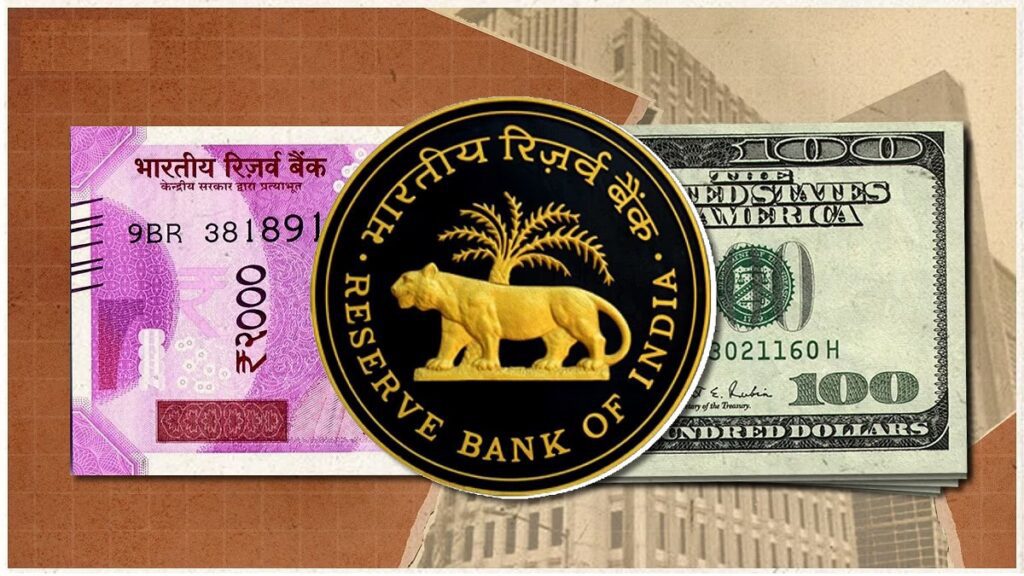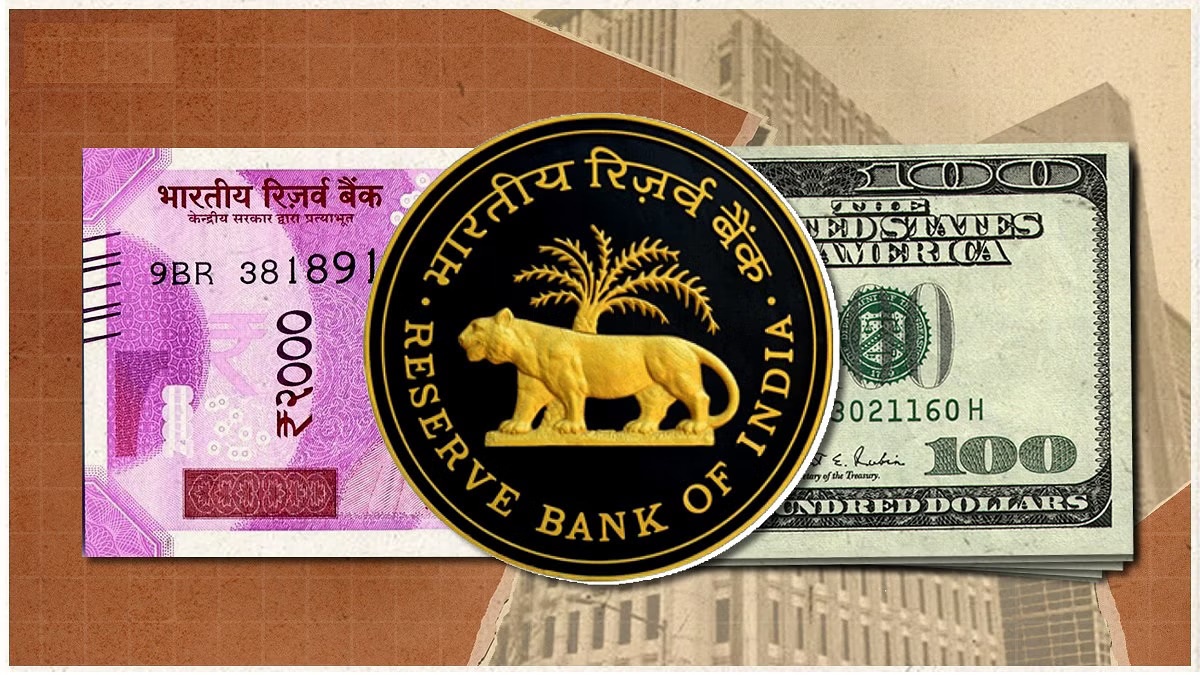JM Financial Reacts to RBI Order: No Governance Issues, Vows Cooperation
Discover the latest on JM Financial, RBI, IPOs, NCDs, and Ashu Madan‘s role in shaping financial markets.

Following a directive from the Reserve Bank of India (RBI) restricting JM Financial Products from financing against shares and debentures, JM Financial conducted a thorough review and asserted confidence in its loan sanctioning process. The company denied any violation of applicable regulations and emphasized its commitment to conducting business in a bona fide manner. Addressing concerns raised by the RBI regarding governance issues, a spokesperson affirmed the company’s integrity and longstanding presence in the IPO funding arena. JM Financial pledged full cooperation with the apex bank’s special audit initiative to address any discrepancies. The RBI’s action stemmed from observed deficiencies in the company’s loan sanctioning for IPO financing and NCD subscriptions. The central bank highlighted lapses in credit underwriting and operational practices, including the use of Power of Attorney (POA) without customer involvement. While business restrictions are currently in place, pending a special audit review and rectification of deficiencies, JM Financial remains committed to serving its existing customers and ensuring compliance with regulatory standards.
JM Financial Faces Crisis as RBI Bars Lending Against Shares, Debentures
The share price of JM Financial plummeted by 19% following the Reserve Bank of India’s (RBI) decision to ban lending against shares and debentures due to regulatory and governance lapses. The central bank’s action stemmed from serious deficiencies observed in JM Financial’s loan sanctioning process for Initial Public Offering (IPO) financing and non-convertible debenture (NCD) subscriptions.

Despite JM Financial’s denial of any material deficiencies or regulatory violations, the RBI emphasized concerns regarding governance issues detrimental to customer interests. JM Financial defended its practices, stating that IPO financing, a core aspect of its business for over two decades, involves short-term, self-liquidating loans. The company highlighted the legality of using Power of Attorney (POA) as a risk containment measure in IPO funding.
The RBI’s special audit initiative, prompted by a limited review of JM Financial’s books, revealed instances where the company facilitated customer bids for IPOs and NCD offerings using loaned funds. This raised concerns over compliance with regulatory guidelines and governance standards.

JM Financial’s capital market loan book, valued at ₹978 crore, accounts for approximately 6% of its overall loan book. Despite the significant decline in share price, JM Financial remains committed to servicing existing customers as advised by the RBI and vows to cooperate fully with the regulatory authority.
As trading commenced, JM Financial shares were trading 14.61% lower on the BSE, reflecting investor apprehension over the company’s regulatory challenges and the potential impact on its financial performance.
JM Financial Shares Dip 10% Post RBI’s Clampdown on IPO Financing
JM Financial, a stalwart in the financial services sector for over five decades, faced a significant downturn as its shares dropped by 10% following RBI’s stringent restrictions on shares and IPO financing. Despite briefly hitting a lower circuit of 20% during the trading session, the shares managed to recover.

In response to RBI’s directive, JM Financial Products was mandated to cease all forms of financing against shares and debentures immediately. The central bank’s action came after it observed JM Financial aiding a group of customers in bidding for IPOs and NCD offerings using borrowed funds, raising concerns about regulatory compliance and governance.
However, JM Financial remains optimistic about the monetary impact of RBI’s order, stating that the IPO financing business contributed a mere 1.5% to its total net income for the first nine months of the fiscal year 2024. Additionally, the company’s Managing Director, Ashu Madan, emphasized the legality and common practice of using Power of Attorney (POA) as a risk containment measure in IPO funding.

While JM Financial grapples with the repercussions of RBI’s intervention, industry experts echo the sentiment that regulatory compliance is non-negotiable. Aseem Dhru, MD & CEO of SBFC Finance Ltd, underscored the need for stringent adherence to regulatory norms in light of RBI’s firm stance on non-banking financial companies (NBFCs).
As trading concluded, JM Financial shares closed 10.4% lower at ₹85.4, reflecting investor apprehension over the company’s regulatory challenges and its future financial performance.
FAQ(s) on JM Financial, Reserve Bank Of India (RBI), Initial Public Offering (IPO), Non-convertible debenture (NCD), Ashu Madan
Q1. What is the full form of JM Financial?
Established in 1973 by Mahendra Kampani and Nimesh Kampani, JM Financial emerged as an independent entity, stemming from the investment banking division of Jamnadas Morarjee Securities. Initially conceived as a consulting firm, the company embarked on its journey to offer comprehensive financial services.
Q2. Who is the CEO of JM Finance?
Nimesh Kampani, serving as the Group Chairman of JM Financial Group, maintains an active presence on LinkedIn.
Q3. Who owns Reserve Bank of India?
Following its nationalization in 1949, the Reserve Bank, originally privately owned, is now entirely owned by the Government of India.
Q4. How many Reserve Bank of India are there in India?
The Reserve Bank of India operates across 31 diverse locations throughout India, with its main headquarters situated in Mumbai. Predominantly, RBI offices are found in state capitals, totaling 19 regional offices and 4 zonal offices.
Q5. Is RBI a private bank?
Established in 1934 under the Reserve Bank of India Act, the Reserve Bank of India (RBI) was initially privately owned but was later nationalized in 1949. Since then, it has been fully owned by the Ministry of Finance, Government of India (GoI).
Q6. What is IPO and how does it work?
An initial public offering (IPO) serves as a pathway for companies to transition into the public domain, thereby enabling retail traders to access their stock. During an IPO, the company determines the quantity of shares to be made available, while an investment bank proposes an initial share price based on anticipated market demand.
Q7. What are IPO benefits?
Benefits of Listing:
1. Increased Profitability.
2. Improved Marketability.
3. Equal Access for Individual Investors.
4. Strict Adherence to IPO Guidelines.
5. Economical Investment Options.
6. Empowerment of Shareholders.
Q8. What is NCD and how it works?
Non-Convertible Debentures (NCDs) are financial instruments with predetermined terms and interest rates, offering fixed income. Typically issued by large corporations, NCDs serve as a means to raise capital without the provision of converting into equity. The interest rates associated with NCDs remain relatively stable throughout the term.
Q9. Where is Ashu Madan?
Ashu Madan has been named Co-Head of the Business Affiliate Group and Managing Director at JM Financial Services Ltd., effective September 25, 2019. JM Financial Services Ltd. is headquartered in Mumbai.

